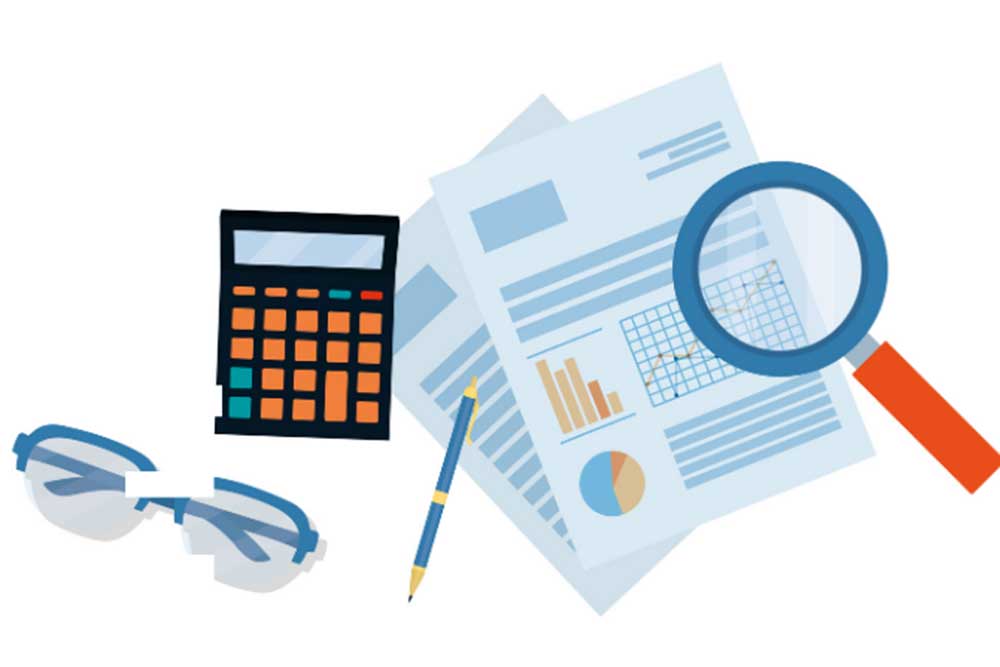Filing taxes is quite a nerve-biting task in itself but what if you got late in completing the process? We know from what stress you will go through. Lots and lots of questions run through your mind when you miss meeting the income tax return deadline.
These can be related to filing a tax extension, late payment of taxes, or late filing penalties, and most important one, what can be done if you can\’t pay your taxes on time. Let’s go through this article to find an answer to these questions together.
Will I get a penalty for filing late taxes if I missed the April 15th deadline?
The penalty will vary according to the date you filed your tax. The deadline to file an extension is the same as the date your tax return is normally due. In most years, that\’s April 15 or the next weekday. The extension will provide you an additional 6-months to file, extending the deadline until October 15th. If you are residing outside the US, you’ll get a two-month extension. However, if you are not able to meet the deadline, you can get the deadline extended to December 15th. Extensions to file your income tax are due usually on June 15. Note that if you owe any tax, interest will accrue from April 15, regardless of extensions. Extension to file is not an extension to pay taxes you owed.What are the penalties if you are a late filer?
There are two basic penalties for filing late taxes. If you fail to file a penalty, you will have to pay 5% of unpaid taxes due for each month this will go up to 25% of total unpaid taxes. Apart from this, you will also be charged interest of 0.5% of the total tax unpaid for each month until you reach 25% of the total outstanding tax. You should try to pay a minimum of 90% of the unpaid tax by the April 15th deadline even if you want to get the extension to file your return. Also Read: 5 Reasons To Hire An Accounting Firm For Your Business In 2021What to do if I’ve paid taxes owed but haven’t filled a form?
If you don’t file for an extension, or fail to file by the extended deadline, you will start to face penalties. Failure to file penalties result in a 5 percent penalty each month on any unpaid taxes, capping at 25 percent. Here is how it breaks down:- First month: 5 percent of tax liability
- Second month: 5 percent of tax liability, plus a penalty of $210 or 100 percent of your tax liability, whichever is less
- Third month: 5 percent of tax liability
- Fourth month: 5 percent of tax liability
- Fifth month: 5 percent of tax liability
Why should you file your tax returns?
- It\’s the law. Not filing a tax return can be a felony.
- It\’s hard to live an adult life as a non-filer. Buying or refinancing a house usually requires that you\’ve filed your returns, for example.
- If you want to get married, not filing might be considered a deal breaker to a future spouse.
- The IRS might file substitute-for-returns for you without deductions and you\’ll owe more taxes than if you\’d filed them yourself.
- Your passport may not be issued by the federal government if you haven\’t filed your returns, making it hard to travel outside the U.S. (In fact, as of legislation passed in November 2015, if you owe the IRS $50,000 or more your passport will be revoked.)
- If you\’re self-employed, you might be missing out on increased Social Security contributions for when you retire.
- To get health insurance on a health insurance exchange or healthcare.gov, which require you to have filed.
- You might need to file your recent tax returns to get student loan aid for your kids (FAFSA).
- To reduce your vulnerability to identity theft. Our recent observation has been that 50% of multi-year non-filers have experienced a malicious attempt to intercept their refund and/or file under their social security number.





